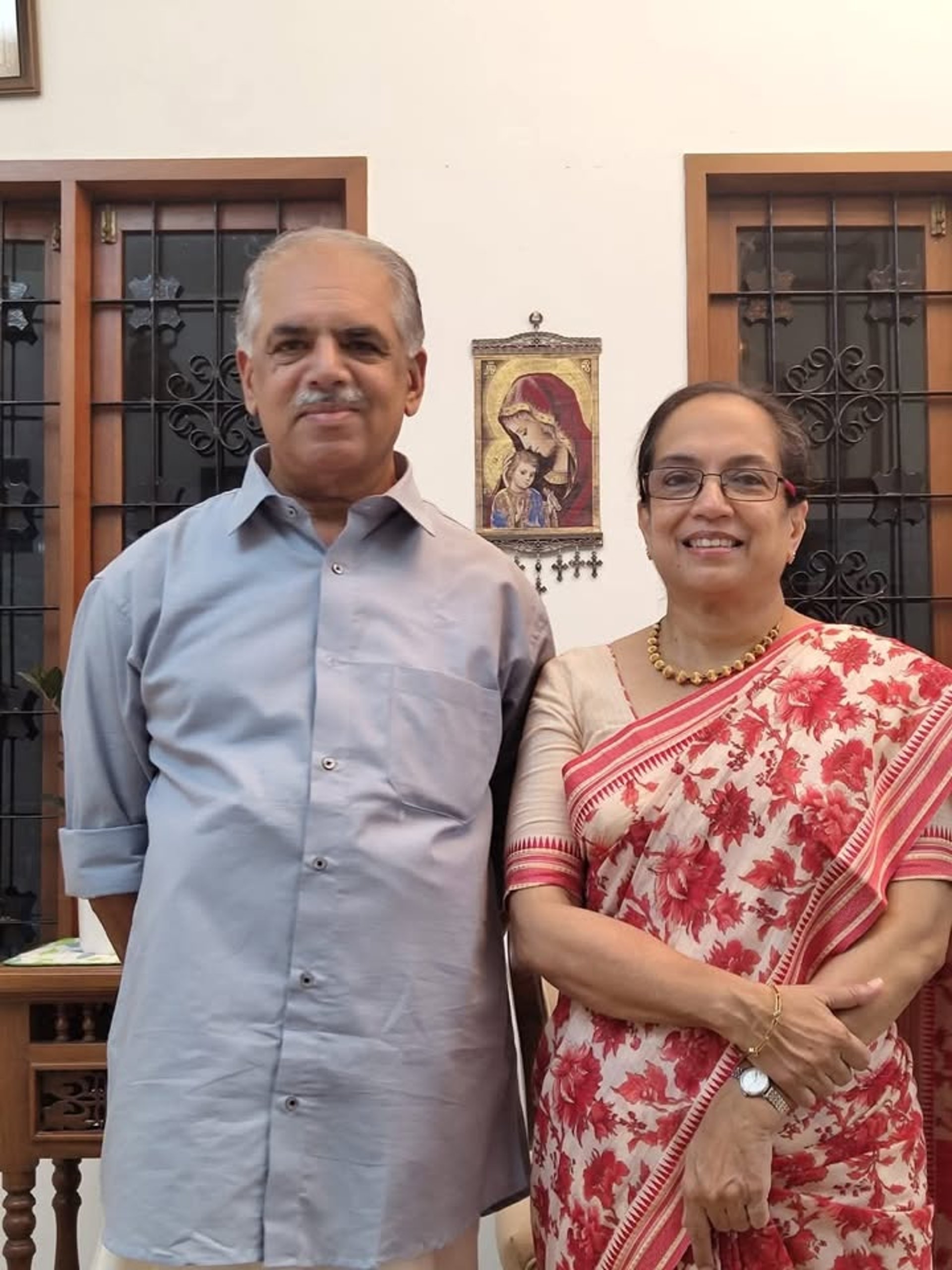
Hi, I'm Joy Kallivayalil
Sharing stories from Kochi and my engineering journey
Trusted by readers
★★★★★
Stay Connected
Get updates from my life and thoughts

Sharing stories from Kochi and my engineering journey
Trusted by readers
★★★★★
Get updates from my life and thoughts
